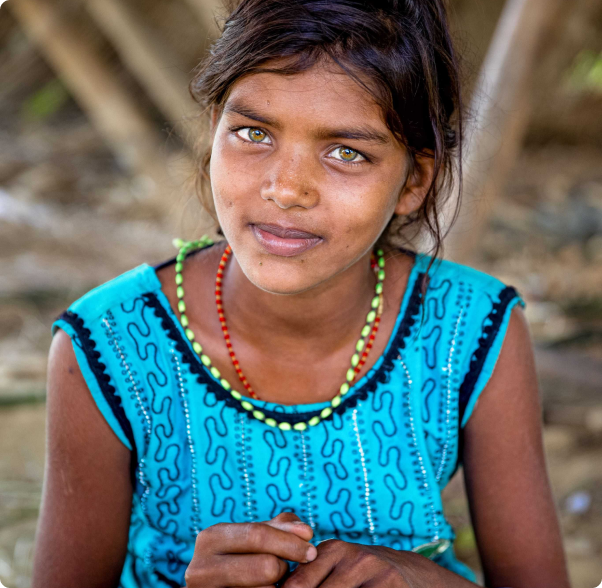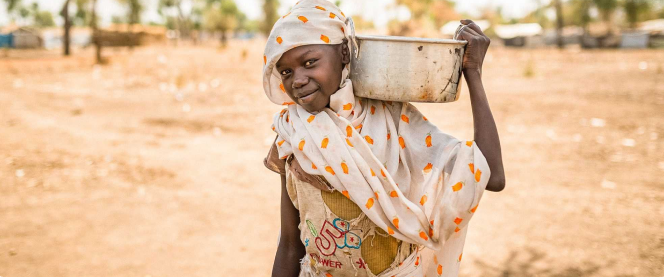Summary
Located on the Gulf of Guinea in West Africa, Togo (Ewe word for “lake”) was colonized by both Germany and France before gaining its independence in 1960. Since becoming an independent nation, Togo has struggled to become a unified country. In 2005, following the death of their president, the military appointed his son as the next leader, which led to violent protests and 40,000 people fleeing the country. The nation has one political party (Rally of the Togolese People) and is also a military-civilian regime, which gives civilians control of the military.
Many diseases plague the Togolese people, including HIV/AIDS and Malaria, which is the leading cause of death in the nation. There are also some ethnic tensions between the people in the north and the south. Women are legally considered equal, but culturally they are still inferior and are discriminated against in the workplace and government programs. The society is extremely patrilineal. Agriculture is the largest economic sector and employs 65% of the workforce. The average daily income in Togo is under $1.25.
This French-speaking nation was anti-Christian in the 1970’s but has since become more ambivalent, giving its people religious freedom. Christianity has grown significantly since the 1990’s, and Christ is now claimed by 30% of the population. The rest follow traditional African beliefs (50%) and Islam (20%). Unity within the Church and syncretism have become huge issues for believers as ancestor worship and other African rituals have made their way into Christian services. There is a great need for the younger generation to be reached, with over 300,000 orphaned and unwanted children exploited in the sex trade and child labor. Others are being manipulated with the promise of work and converting to Islam. Pray that the Church will be able to break away from the traditional beliefs, such as ancestor worship, and that the Togolese believers will continue to grow in their faith.




